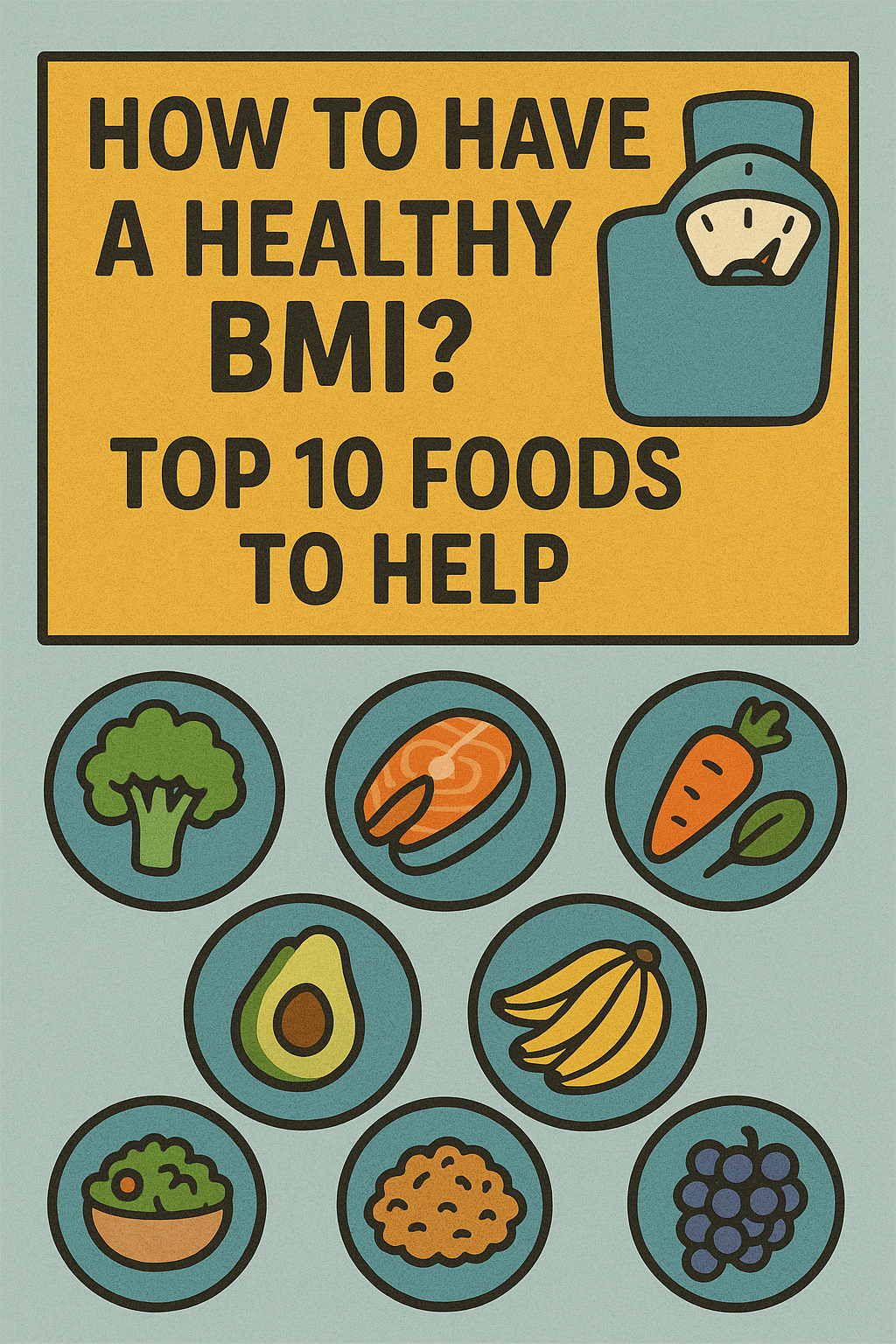Living a healthy lifestyle is more than just following a diet or adhering to a strict exercise regime. It’s about making consistent choices that promote both your physical and mental well-being. A healthy lifestyle can help prevent chronic diseases, improve your mood, enhance energy levels, and boost your overall quality of life. With so much information out there, it can be overwhelming to know where to start. Here are the top 10 tips for maintaining a balanced and healthy lifestyle.
1.Stay Active Daily
Staying active is one of the most important habits you can cultivate to improve your health. The human body is designed to move, and regular physical activity is essential for maintaining a healthy weight, reducing the risk of chronic diseases, and improving cardiovascular health. You don’t have to be a professional athlete to stay active. Even simple activities like brisk walking, swimming, cycling, or practicing yoga can provide significant benefits.
The Centers for Disease Control and Prevention (CDC) recommend at least 150 minutes of moderate-intensity aerobic exercise per week, which breaks down to about 30 minutes a day. Try incorporating exercises you enjoy to make it easier to stick to the routine. Physical activity also stimulates the production of endorphins, which can help improve your mood and reduce stress.
2.Eat a Balanced Diet
A healthy, balanced diet is critical to maintaining overall health and vitality. Eating a variety of nutrient-dense foods such as fruits, vegetables, whole grains, lean proteins, and healthy fats ensures that your body gets the vitamins, minerals, and antioxidants it needs to function properly. It’s important to limit your intake of processed foods, sugar, and trans fats, which can increase the risk of heart disease, obesity, and other health issues.
Make sure to practice portion control as well. Overeating, even healthy foods, can lead to unwanted weight gain. Understanding portion sizes and making mindful eating choices can help you maintain a healthy weight. Don’t forget to include fiber-rich foods in your diet, such as vegetables, legumes, and whole grains, to aid in digestion and keep you feeling full longer.
3.Drink Plenty of Water
Water is essential for almost every function in the human body, including digestion, temperature regulation, and waste removal. Proper hydration helps your organs function optimally and keeps your skin looking fresh and hydrated. On average, adults should aim for about 8 glasses (or roughly 2 liters) of water per day, but this can vary depending on your level of activity, the climate, and your overall health.
One way to ensure you’re drinking enough water is by carrying a water bottle with you throughout the day. Set reminders to take sips regularly, and try to drink water before meals, as it can also aid digestion and prevent overeating.
4.Prioritize Mental Health
Physical health is only one aspect of overall well-being. Mental health is equally important and often overlooked. Stress, anxiety, and depression can take a toll on your mental and physical health, leading to issues like sleep problems, headaches, and weakened immune function. Prioritizing mental health means recognizing when you’re feeling stressed or overwhelmed and taking steps to manage those feelings.
Mindfulness practices such as meditation, deep breathing, and yoga can help manage stress and improve mental clarity. Additionally, engaging in hobbies that bring you joy and fulfillment can serve as an outlet for stress. If needed, consider talking to a mental health professional to gain valuable support and coping strategies.
5.Get Enough Sleep
Sleep is your body’s time to repair, rejuvenate, and prepare for the next day. Without adequate rest, you may experience fatigue, irritability, and a lack of focus. Over time, chronic sleep deprivation can lead to more serious health issues, including obesity, heart disease, and weakened immunity. Adults should aim for 7-9 hours of sleep per night, although individual needs may vary.
To improve sleep quality, establish a regular sleep schedule by going to bed and waking up at the same time each day. Create a relaxing bedtime routine by limiting screen time, reducing caffeine intake, and making your sleeping environment as comfortable as possible. Quality sleep supports better mood, cognitive function, and physical health.
6.Manage Stress
Stress is a normal part of life, but chronic stress can have negative effects on both mental and physical health. Long-term stress can contribute to conditions like high blood pressure, heart disease, diabetes, and depression. Learning how to manage stress is crucial for maintaining overall health.
Practices such as mindfulness meditation, breathing exercises, and regular physical activity can help reduce stress levels. Additionally, taking breaks from work, spending time with loved ones, and engaging in hobbies or activities that bring you joy can help reduce the negative impacts of stress.
7.Avoid Harmful Habits
Certain habits can seriously damage your health. Smoking, for instance, is linked to numerous diseases, including lung cancer, heart disease, and respiratory illnesses. Similarly, excessive alcohol consumption can lead to liver disease, cancer, and addiction. Reducing or eliminating these harmful behaviors will significantly improve your health in the long term.
If you’re struggling to quit smoking or cut down on alcohol, consider seeking professional help. Support groups, counseling, and other resources can provide you with the tools you need to break free from these harmful habits.
8.Regular Health Checkups
Prevention is better than cure. Regular health checkups are essential for early detection of potential health problems. Monitoring your blood pressure, cholesterol, and blood sugar levels can help prevent chronic conditions such as heart disease and diabetes. Additionally, regular screening tests, such as mammograms, colonoscopies, and pap smears, are important for early detection of cancers.
Keeping an eye on your BMI is also important for maintaining a healthy weight. Tools like an online BMI calculator can help you assess whether you’re at a healthy weight based on your height. Knowing your BMI can provide valuable insights into your overall health.
9.Practice Good Hygiene
Good hygiene habits are essential for preventing the spread of infections and maintaining overall health. Regular handwashing, especially before meals and after using the restroom, is one of the simplest yet most effective ways to prevent the transmission of germs. Additionally, daily practices such as brushing your teeth twice a day, bathing, and wearing clean clothes contribute to overall hygiene and self-care.
Taking care of your personal hygiene helps prevent infections, skin conditions, and other health issues while also boosting your self-confidence.
10.Stay Connected Socially
Human beings are social creatures, and maintaining strong social connections is crucial for mental and emotional health. Engaging with family, friends, and your community can provide emotional support, reduce stress, and promote feelings of happiness and belonging.
Make time to connect with loved ones regularly, whether through phone calls, video chats, or in-person gatherings. Being socially active can also lower the risk of depression and anxiety, while providing a sense of purpose and fulfillment.
Conclusion: Small Changes, Big Impact
Making changes to your lifestyle doesn’t have to be overwhelming. By incorporating small, manageable habits into your daily routine, you can gradually improve your physical and mental health. Staying active, eating well, managing stress, and prioritizing self-care can lead to lasting benefits for both your mind and body. Start today by taking small steps toward a healthier, more balanced lifestyle.
Calculate your BMI with our BMI calculator




